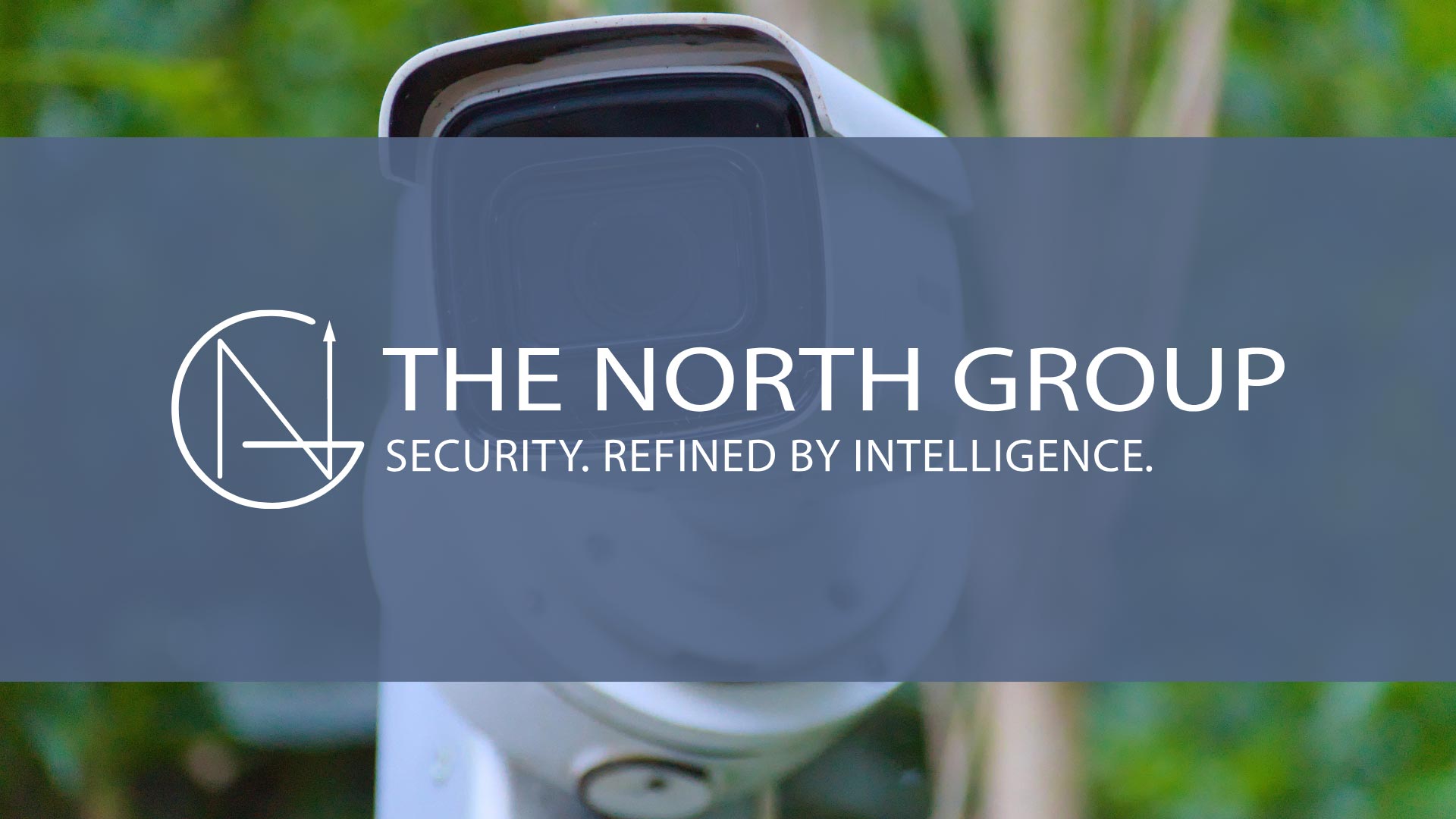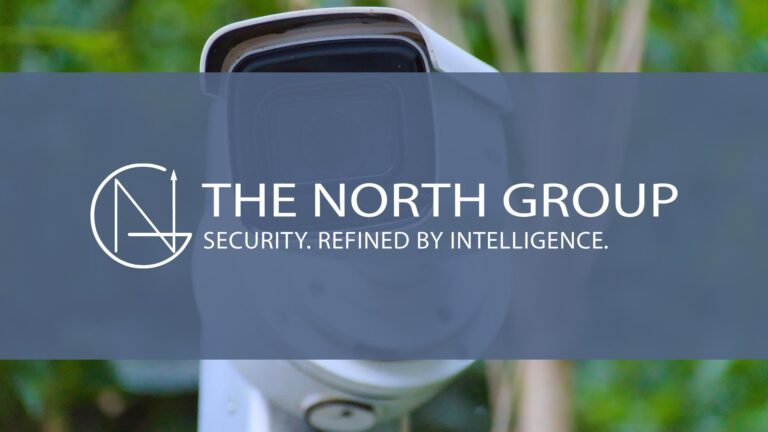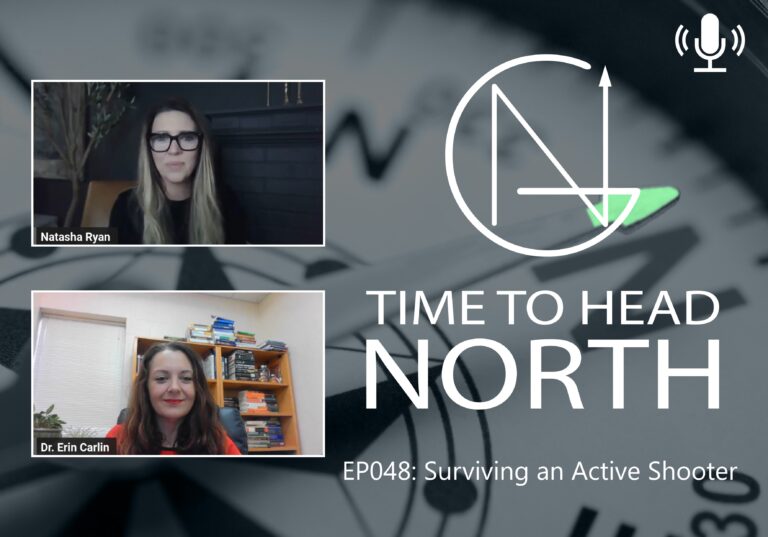During a crisis, like what businesses are experiencing right now due to COVID-19, companies lean on their continuity planning efforts. Many organizations are finding out their plans aren’t going as planned. Other organizations are lacking well-developed plans to get through these uncertain times.
Whether you don’t have a plan or plans are not going as planned, your organization can take steps right now to assess operations and get your company through this crisis. Unlike other types of disasters such as hurricanes, tornadoes, and war that destroy infrastructure, viral pandemics leave infrastructures intact. We can be thankful we don’t have to rebuild infrastructure and communication networks. The pandemic will pass whether it happens all at once or in waves; either way, businesses can evaluate their situations and better prepare for the future.
What can organizations do right now?
Realize Limitation
- Understand what you can and can’t do based upon the
- Be realistic in expectations of capabilities and
Organizations should assess their current situation to understand what they can and can’t do from a legal and operational standpoint. Once you figure out the CAN’T, companies can focus efforts on the CAN.
Focus on the Essential
What is the MINIMUM needed to keep the lights on?
- Business activities
- Staff
- Resources
Businesses may have to reorganize or devolve to sustain operational capabilities. Remember, this isn’t permanent; these are actions needed right now to continue through the interim.
Business activities, staff, and resources can be separated into two groups: essential vs. non-essential. What’s essential for one company might not be necessary for another; each organization should analyze and identify its crucial business functions according to their business and industry.
We see this in practice at local, state, and federals levels right now with regards to essential vs. non-essential businesses. What is essential to sustain a community? The essential businesses must remain open. What business activities, staff, and resources do you need to keep in place to maintain your business?
Analyze your Current Efforts
- Capture crisis information
- What is working/not working?
- Implement lessons learned
To fully understand your efforts, you must capture crisis information and analyze the steps your company is taking to know if it is working. For almost any business practice from digital marketing, sales, or risk management, you must analyze the data and make changes accordingly.
By analyzing your data frequently, you can see what is working and what’s not. Through this, you can garner insights to implement lessons learned in the future.
Check on your People
- Emotional and physical aspects
- Communicate realistic expectations
- Set the standard in following NPI initiatives
Communication is vital. It’s essential to communicate a clear, unified message to employees and partners. Also, it would be best if you communicated realistic expectations.
Businesses should set the standard for conduct and operations in this temporary phase. For instance, in the current COVID-19 situation, many business leaders are implementing social distancing in the workplace. They are also keeping in-person meetings to a minimum and utilizing web conferencing such as Zoom and WebEx.
Learning how to survive is technical, surviving is emotional. Communicate with your people during this stressful time to achieve greater resolve and remain operational.
Contact your Supply Chain
- What are they doing?
- What are their current capabilities?
- Is their plan effective?
Businesses rely heavily on their supply chain; for some, it can mean their livelihood. Contact your supply chain to see what they are doing to alleviate issues that you might have. If their supply chain is disrupted, yours will be disrupted. Have a backup plan of different suppliers to mitigate disruptions to your business.
Use a Chain of Command
- Delegations of Authority
- Temporary
- Orders of Succession
- Permanent
- Legal
Having a communicated chain of command helps create streamlined procedures for all business activities during times of crisis. Teams know whom to contact and the proper channels for communication to continue operating as smoothly and efficiently as possible.
Current Recovery Advantages
- Infrastructure remains intact
- Network systems are operational
- Most workforce reduction is cautionary
- There is time to affect change
The current situation will end; we must remember this is temporary. As such, businesses will have to take interim actions to remain operational. Reconstruction of operations may take some time, and we might have to implement business activities in phases as we get back to normal. Constant analysis will assist in decision-making; the time to plan for recovery is NOW.
After-action Analysis
- Planning and training
- Supply chain flexibility
- Communication issues
- Critical staffing requirements
Reverse engineer how this crisis affected your business to reveal facts, new information, and validate assumptions make regarding previous continuity planning and response actions. It’s important to analyze your Business Impact Analysis (BIA) to see what when right and what went wrong. After-action analysis can tell you what you need to re-evaluate or change in your plan so your organization will be better prepared for future interruptions.
Recovery planning efforts should include After-Action Reports, Improvement Plans, and Tabletop Exercises. The North Group is available to assist and guide companies through a variety of disaster scenarios, including pandemics.
Conducting tabletop exercises will help illuminate problems in your continuity plan and, ultimately, help teams advance your preparedness. After you have a real disaster scenario, take it as an opportunity to see how your plans held up, and where your team can improve.
Tabletop exercises allow companies to identify areas of improvement and the know-how to overcome disasters. Right now, many companies around the globe are discovering their organizations aren’t quite prepared for a real pandemic. By following through on conducting after-action analysis, they can improve on their weaknesses and not risk being unprepared next time.
Business continuity and recovery planning are more than checklists; they are ongoing processes. Business leaders must re-assess and re-evaluate their business activities, especially during these fluid situations, like the one we are all riding out together.









